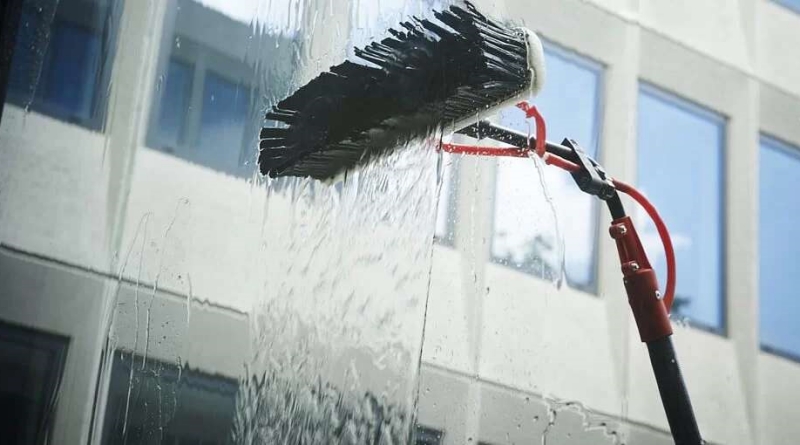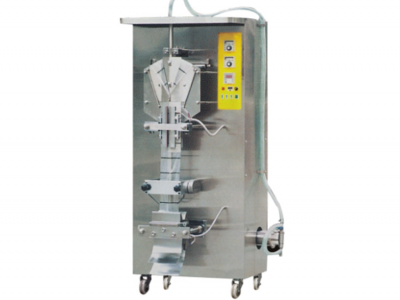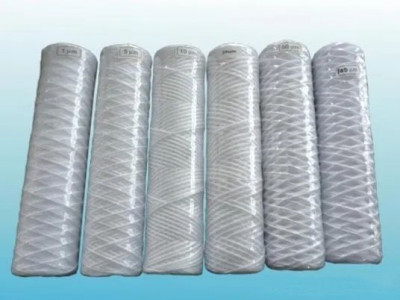Water treatment may not be the first thing that comes to mind when you think of window washing, but believe it or not, it plays a crucial role in achieving sparkling clean windows. Picture this: you’re gazing out of your window on a sunny day, only to be met with streaks and smudges obstructing your view. Frustrating, right? Well, fret not! In this article, we will delve into the importance of water treatment in window washing and how it can transform your windows from dull to dazzling. So grab a squeegee and let’s dive into the wonderful world of water treatment for window washing!
The Importance of Water Treatment in Window Washing.
Water treatment plays a crucial role in the window washing industry, offering numerous benefits and ensuring optimal cleaning results. By implementing effective water treatment methods, window washers can improve their cleaning efficiency and enhance safety measures.
One of the key benefits of water treatment in window washing is improved cleaning efficiency. Water that has undergone treatment processes such as reverse osmosis (RO), deionization (DI), or carbon filtration is free from impurities and minerals. This purified water allows for a more thorough and effective cleaning process, leaving windows spotless and streak-free.
In addition to improved cleaning results, water treatment also minimizes streaks and residue build-up on windows. When tap water is used for washing windows, it often contains minerals such as calcium and magnesium that can leave behind unsightly streaks and residue. By utilizing treated water, these minerals are removed, resulting in crystal clear windows without any streaks or residues.
Water treatment also has a positive environmental impact in the window washing industry. With purified water, there is a reduced need for chemical usage during the cleaning process. Traditional window cleaning methods often rely on chemical cleaners to remove stubborn stains and dirt. However, with treated water, these chemicals can be minimized or eliminated altogether, reducing the environmental footprint of window washing operations.
Furthermore, water treatment helps in preserving natural resources. By utilizing purified water instead of tap water for window washing, businesses can significantly reduce their consumption of freshwater resources. This conservation effort contributes to sustainability by minimizing the strain on local water sources.
When choosing the right water treatment system for window washing operations, several factors should be considered. Cost-effectiveness is an important consideration since some systems may require higher initial investment but offer long-term savings through reduced chemical usage and increased efficiency. Maintenance requirements should also be taken into account to ensure smooth operation without significant downtime. Lastly, the suitability of the system for the specific needs of the window washing industry should be evaluated to ensure optimal performance and desired cleaning results.




